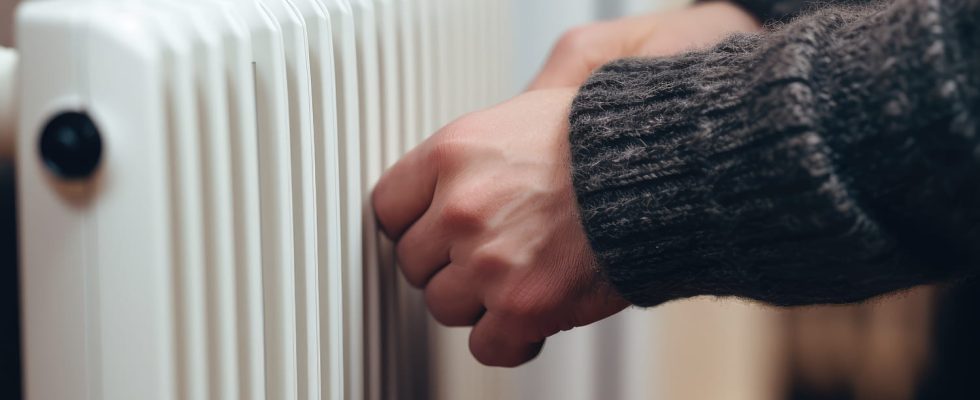Some beliefs about heating make you spend more. Forget them to make huge savings.
While the cold has well and truly set in, it’s difficult to keep your home warm without skyrocketing your energy bill. However, many people have “beliefs” about winter heating, some of which make homes less energy efficient, according to a green energy expert. Many people think that raising the thermostat above the desired temperature will heat the house more quickly.
A British specialist, Llewellyn Kinch, of MakeMyHouseGreen.com, points out that “for most systems, this will only increase the final temperature and risk overheating your home.” On the other hand, this will not make it heat up any faster. “Since these systems operate at a constant rate, there is nothing you can do to speed up the process.” This means you simply need to set the thermostat to your desired final temperature.
The question that is the most debated concerns the use of heating on a daily basis: should you turn off your heating when you are away? Some recommend leaving it on, others to turn it off. Not easy to find. The professional explains that “modern heating systems quickly reach the desired temperature, so you don’t need to leave your heating on all day.
On the contrary, it can lead to excessive energy consumption and overheating of your home. The solution to this problem is to opt for programmable thermostats. “Programmable thermostats and smart home systems can optimize heating use, allowing you to set a schedule for turning your heating on and off and therefore reducing your overall energy consumption,” explains the expert. There are, however, some exceptions, “such as heat pumps which operate more continuously.”
He also adds that many people think that heat is lost through doors and windows. But these are not the only elements to take into account. “While heat can be lost this way, other culprits include poor insulation, unsealed gaps and insufficient weather stripping,” he says. “So you need to address all of these areas when looking to make energy and heat saving home improvements.” Finally, if you really are short of solutions, there remains the option of improving your heating system. While the initial costs are high, they will be offset by the long-term savings on bills. The expert points out that “newer systems operate more efficiently and use less energy, which significantly reduces energy bills.”
